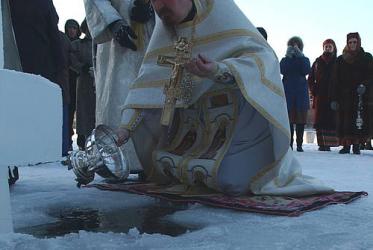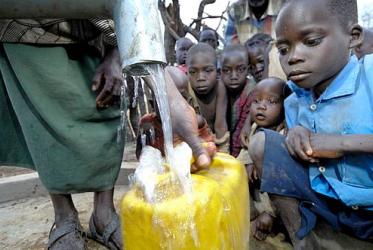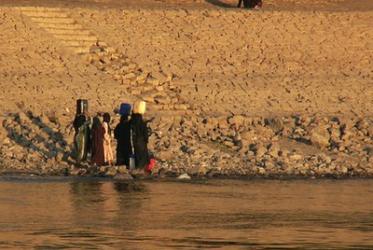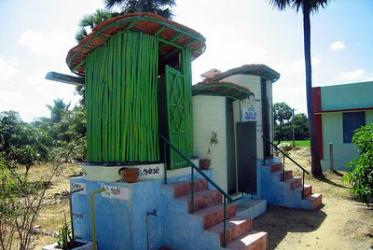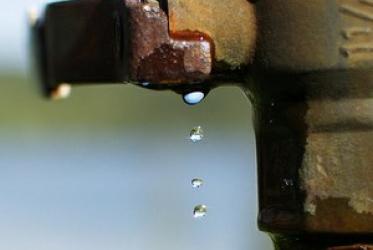Displaying 181 - 200 of 219
WCC calls governments for implementation of water as human right
22 February 2011
Improving ecumenical cooperation to empower local communities
16 September 2010
Taking water to the Jordan
20 July 2010
Ecumenical Water Network delves into "Holy Waters" during Lent
11 February 2010



